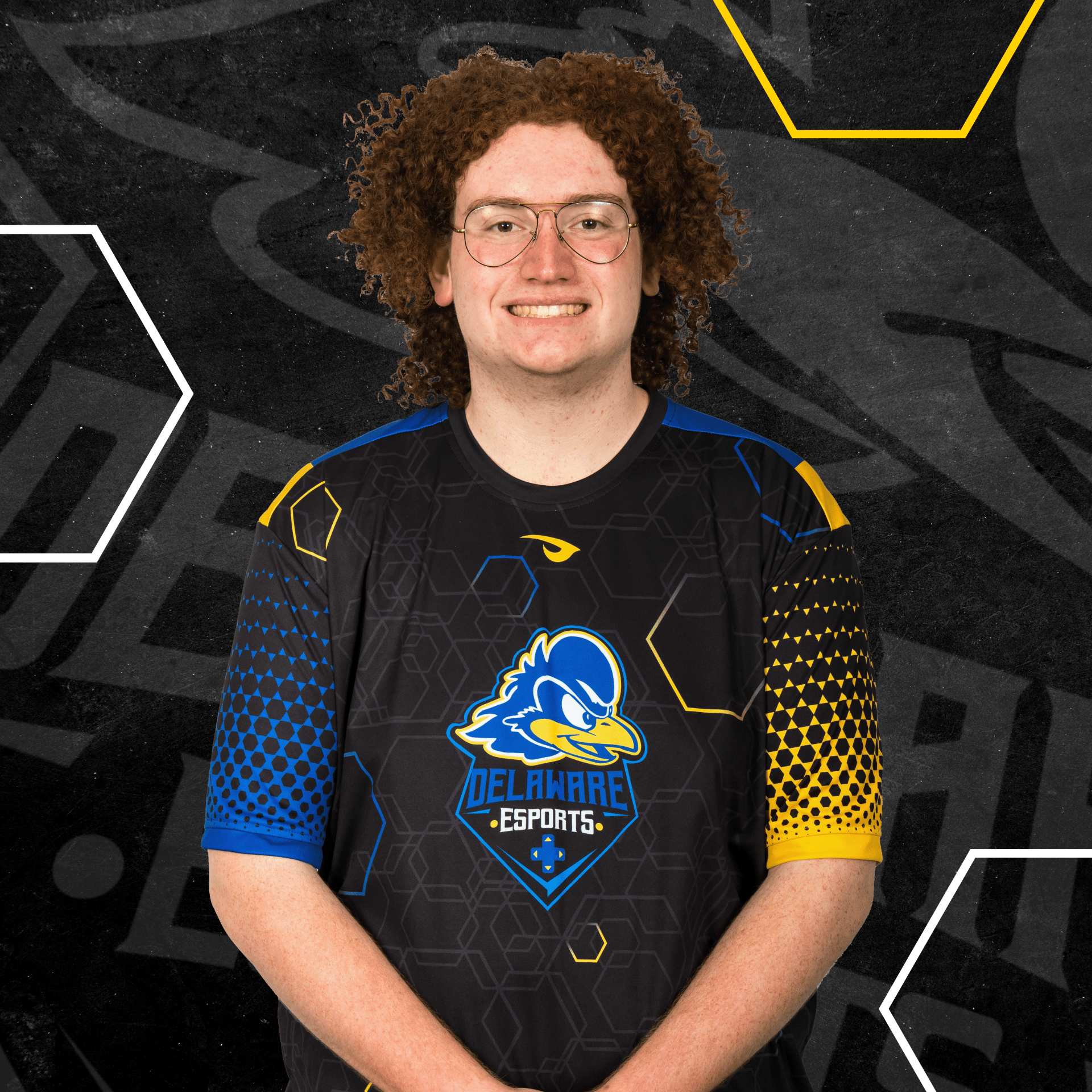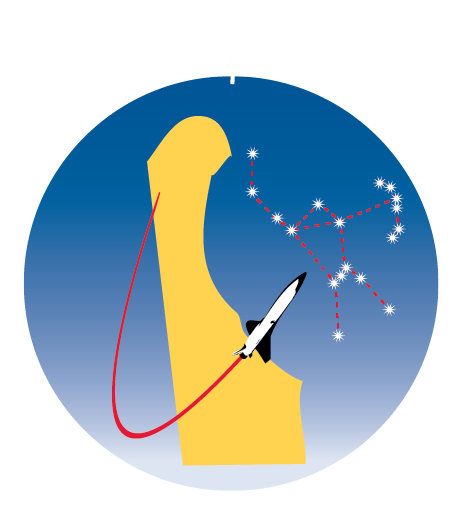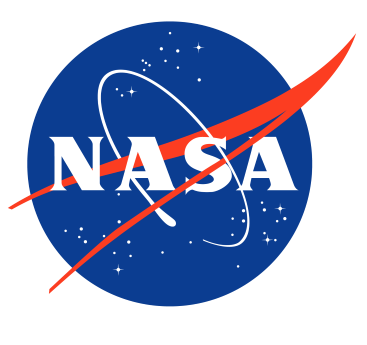
Undergraduate Tuition Awardee, Summer Researcher with Dr. Tyler Van Buren
University of Delaware
Isaac Chandler is a junior mechanical engineering student at the University of Delaware. He is involved with various undergraduate research projects including underwater robotics, space communications, and physics instrumentation. Outside of class, he serves as a leader in InterVarsity Christian Fellowship, is a member of UD Esports, and is a radio host on WVUD. Isaac is primarily interested in control systems and interdisciplinary design. After graduating, Isaac plans on attending graduate school.
About Isaac’s Research: Developed an experiment for examining fluid mechanics in microgravity. I worked under Dr. Tyler Van Buren and graduate student Tony Liang in the University of Delaware Mechanical Engineering department on an experiment studying turbulence in microgravity aboard the ISS. I designed and assembled electrical hardware, wrote microcontroller and flight codes, and designed mechanical hardware. The experiment is set to fly on SpaceX 30 and utilize the NanoRacks CubeLab rack. We will remain in space for 30-90 days, depending on which flight we return on. We will record video of the experiment: PIV footage (particle image velocimetry) and frame-straddled images (10,000+ necessary). The data recorded will make use of a laser sheet, impellers, and neutrally buoyant particles to characterize and visualize the fluid flow. This will then be run through analysis software on the ground. While the experiment is in space, little communication will be available between the ground and the experiment, so most processes must be fully automated. Though, there will be a GUI running on the ground that displays current processes and debug/error codes (developed in-house).
We are handing our experiment off to NanoRacks/SpaceX in November, with an expected launch date of February 2024. There is no data to report on as of now, but hopefully, by the symposium, there will be. Dr. Van Buren will be speaking on our design process at the annual APS DFD (American Physical Society Division of Fluid Dynamics) in November with the first initial findings expected to be available by late April/June.

